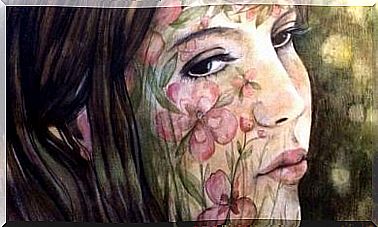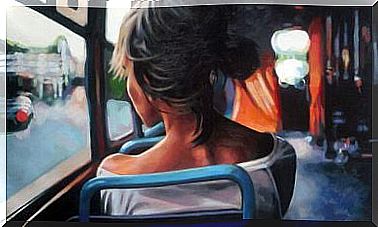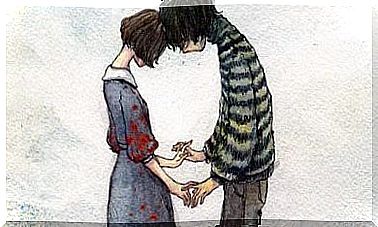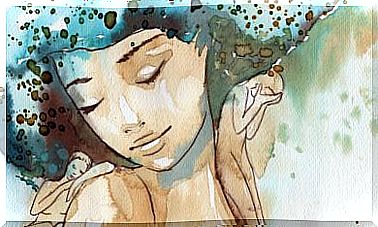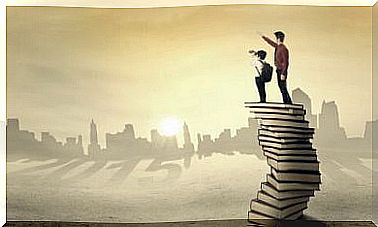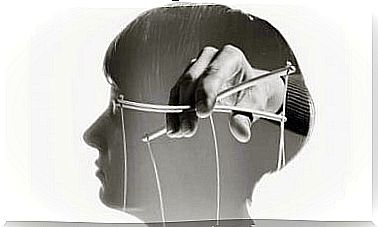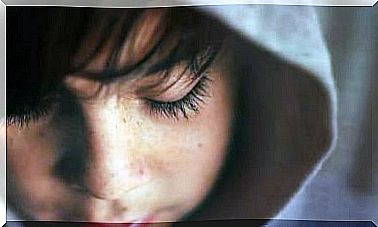Five Must-read Books On Educational Psychology
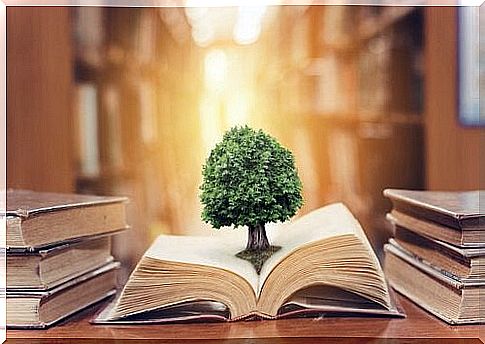
In this article, we are talking about educational psychology books. Educational psychology studies the behavior of, and the cognitive processes associated with, educational institutions. The studies that researchers have conducted in this field provide us with strategies and tools that can help us create an ideal education system.
Although this discipline is not yet well known in mainstream society, it does have great potential. We can learn more about this potential by reading the best educational psychology books.
Many theorists have contributed to this branch of psychology. The books we talk about in this article are written in a common framework based on social constructivism. This theoretical perspective is important because it helps us understand education in the broadest sense of the word.
The best educational psychology books
Howard Gardner’s The Unschooled Mind
The subtitle of the book is: How children think and how schools should teach . This book explains children’s intuitive theories. Above all , it tries to convey the importance of letting go of past teaching methods in order to really teach children.
It is one of the most essential books on educational psychology. It allows us to see that our current teaching methods are rarely successful. In most cases, they focus on information retention and superficial learning.
Through this way of teaching, students develop a form of ‘double-think’. This means that students respond appropriately to problems in academic contexts, but tend to fall back on their unfounded theories in real life situations.
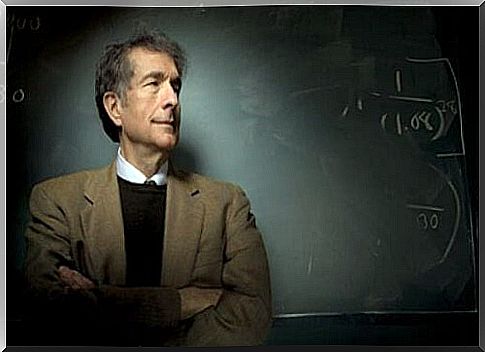
This book is especially important because Gardner backs up his conclusions with much experimentation and research. In addition, he also shares an extensive bibliography with us that supports his interpretations of the results.
Psychology and Pedagogy by Vigotsky, Luria and Leontiev
Although this book is written by Vigotsky, Luria, and Leontiev, according to the cover, it is actually a compilation of reports by multiple authors. This book shows us a revolutionary education system that is completely different from the education systems we are used to in our current society.
These psychologists believe that education should not be driven by economic forces. The purpose of education should not be to produce a labor force. For them, education is a tool to develop an individual’s intellectual potential.
This book helps us free ourselves from certain dogmas, which is why this is one of the best educational psychology books you can read.
It points to a lot of studies that support the authors’ point of view: that hierarchical-free classrooms, where open debate and individualized instruction are the priority, lead to incredible results.
Chomsky on Mis-Education by Noam Chomsky
Some people say that this book does not belong to the same category as the other books on educational psychology. That is because it mainly deals with the political aspects of education.
Nevertheless, it is a book that can help you to understand education in the broad sense of the word. Noam Chomsky offers us an insight that is definitely worth reading.
In this book he explains how the system uses education to keep itself stable. He describes his thoughts on the flaws of the current education system, which in the eyes of some may not be mistakes at all.
That’s because they allow the system to hold itself in a stable power structure that holds each individual in place.
Chomsky uses the actions of the United States in Latin America as an example. He believes that propaganda and the media help to distort the reality of events. Propaganda makes the United States seem like a messenger of justice and truth.
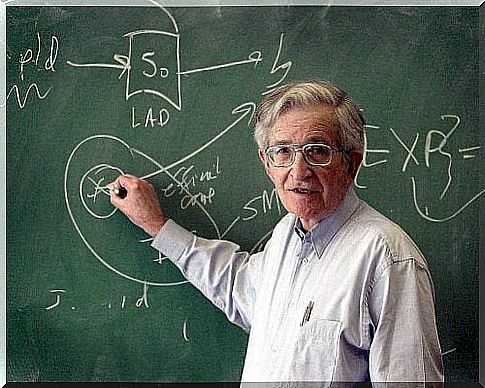
The Culture of Education by Jerome Bruner
Bruner is one of the theorists who started a revolution in cognitive psychology. His studies paved the way for the abandonment of extreme mechanical and computational perspectives. He promoted a socio-cultural view of the facts. This author understood that if you want to understand people, you cannot separate them from their social environment.
In this book we find a detailed explanation of the social constructivist perspective of education. It shows us how important the cultural framework is and how it influences different educational systems. It’s a really interesting perspective because it helps us understand how these kinds of factors affect education.
This is a fundamental book because it teaches us how culture and education create our reality. It also proposes the idea that both culture and education are the drivers of social change.
Experience and Education by John Dewey
John Dewey was one of the fathers of educational psychology. Despite the fact that his works are now about 100 years old, some of his ideas about education remain very revolutionary.
In Experience and Education , the author shows us a reconstruction of the educational models of his time based on a constructivist paradigm. His teaching model is mainly focused on a concept that is central to his pedagogical thoughts: the continuity of experience.
For him, education is only correct if it promotes future educational experiences. If education is stagnation, then it is not education.
Experience and Education is one of the best books on educational psychology. The book may not be very broad, but it does criticize traditional and progressive educational models.
Why should you read educational psychology books?
You should definitely read these educational psychology books if you want to learn more about this topic. It also allows you to familiarize yourself with the views that some theorists have regarding quality education.
